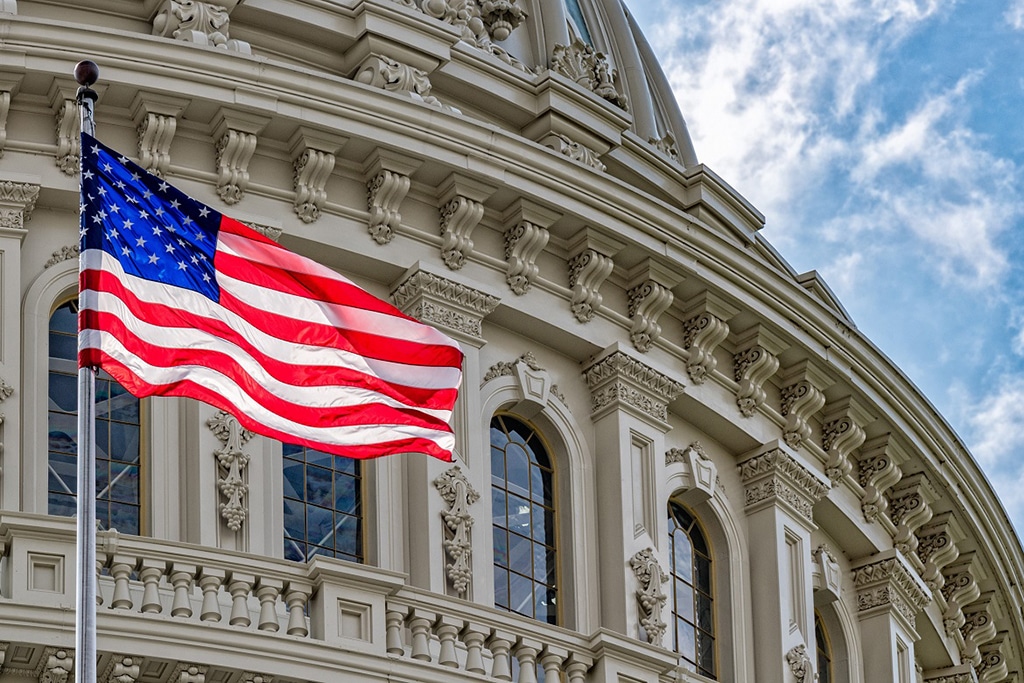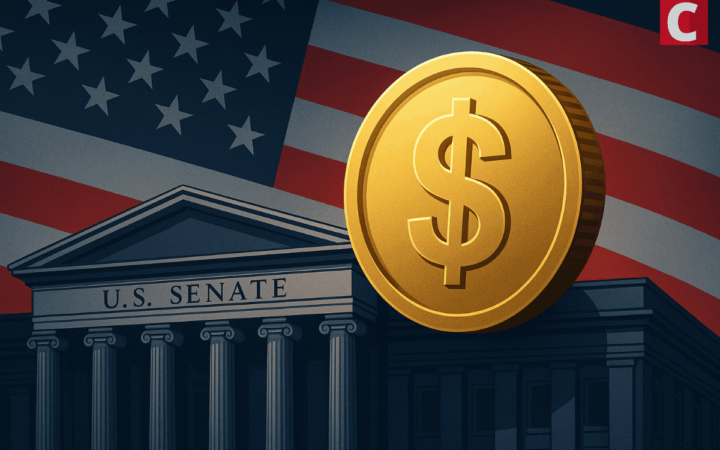
Christopher Haruna Hamman is a Freelance content developer, Crypto-Enthusiast and tech-savvy individual. He is also a Superstar Content Developer, Strategy Demigod, and Standup Guy.
The U.S. Senate committee on banking, housing and Urban Affairs held a virtual hearing yesterday on the “Digitization of money and Payments”. Chris Giancarlo and others were in attendance.

The U.S. Senate committee on banking, housing, and urban affairs held a virtual hearing yesterday. It was devoted to the “Digitization of money and Payments”. Among the participants in the Senate hearing were Chris Giancarlo, the head of the Digital Dollar project, Paxos CEO Charles Cascarilla, and Professor of financial inclusion at Duke University, Nakita Cuttino. The Committee Chair Senator Michael Crapo (R-ID) said about Stablecoins and digital currencies the following:
“These and other similar innovations are inevitable, beneficial and the U.S. should be the lead in their development.”
This comes as the U.S. Senate and Congress are looking at how to implement laws that will enable the development of digital currencies.
Cascarilla in the session spoke about the function of stablecoins. He said:
“Stablecoins address the antiquated plumbing of our financial system”.
He alluded to the fact that stablecoins help solve the inefficiencies of the current financial system.
Senator Crapo asked about projects that other central banks are involved in, namely,if this is a threat to the US Dollar Dominance. In response to the question, Chris Giancarlo (Cryptodad) noted:
“The dollar’s strength internationally as a reserve currency is built on many pillars. And many of those pillars are quite durable and are not going to be undermined any time soon”.
Giancarlo was referencing to the current digital Yuan projects that the Peoples Republic of China is aiming to implement on a large scale. On banking inclusion, Senator Sherrod Brown (D-OH) was critical of technology firms. He mentioned:
“Big tech companies have made a lot of big promises about the better society they were going to allow us to build. They have not lived up to any of them. They sold us the idea that the technology they’d unleash would help us level the playing field for people whose voices have been silenced”.
Big technology firms have made great strides in the financial services sector. The problem that they have had though is that they are building on legacy systems that haven’t evolved as fast as the trends have.
This is why there is always one security update or the other that occurs on the software of legacy systems. Distributed Ledger Technologies (DLTs) offers a new paradigm – one where the costs will be lowered over time. The transaction costs, for now, are high. As Professor Nakita Cuttino said:
“Any solution should have low transaction costs. In the early days for Bitcoins, the transaction cost was extremely high — and remains extremely high”.
She also pointed out one basic problem that creating wallets for Americans to foster inclusion faces: 45 million Americans don’t have smartphones. Lack of internet broadband was also another factor. Senator Jon Tester (D-MT) alluded to this as well. The consensus is that broadband quality needs to be improved. As the world continues to move forward toward digital currency projects, the world looks to the United States for leadership in this role. As Chris Giancarlo underlined:
“The world is asking what role America will play in the future of money. The choice is we either take a leadership role or accept that others will lead and enshrine their values in money,”
This is something that the Americans are waking up to.
Disclaimer: Coinspeaker is committed to providing unbiased and transparent reporting. This article aims to deliver accurate and timely information but should not be taken as financial or investment advice. Since market conditions can change rapidly, we encourage you to verify information on your own and consult with a professional before making any decisions based on this content.

Christopher Haruna Hamman is a Freelance content developer, Crypto-Enthusiast and tech-savvy individual. He is also a Superstar Content Developer, Strategy Demigod, and Standup Guy.




